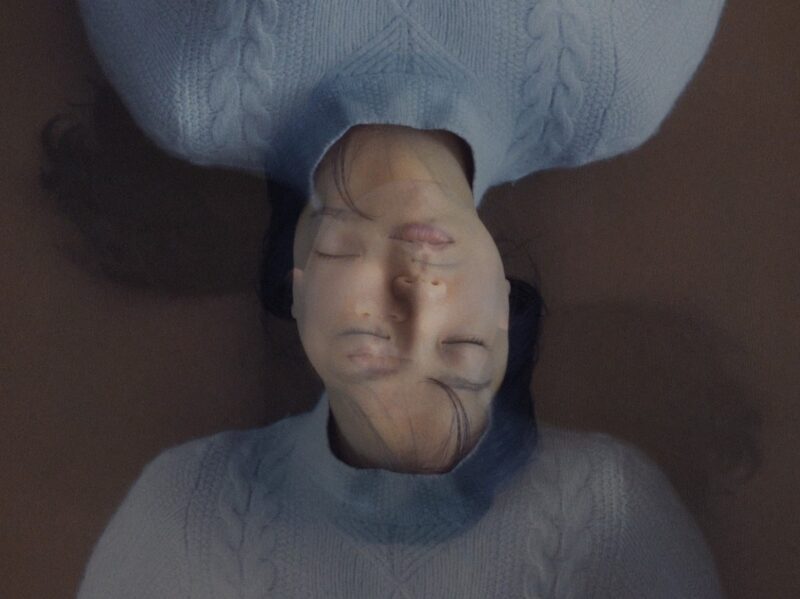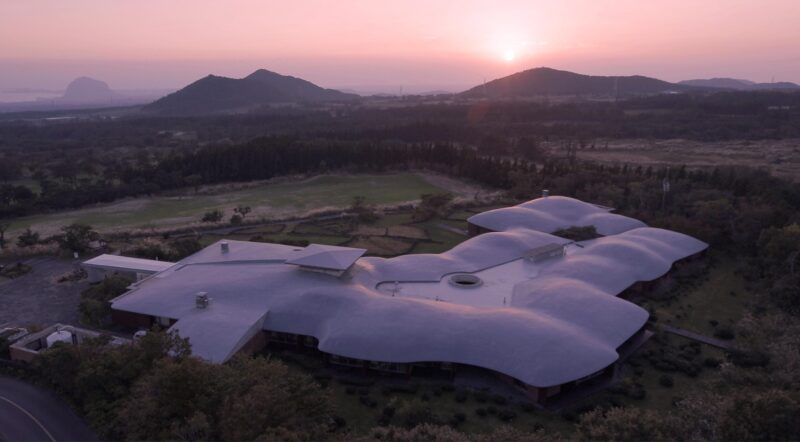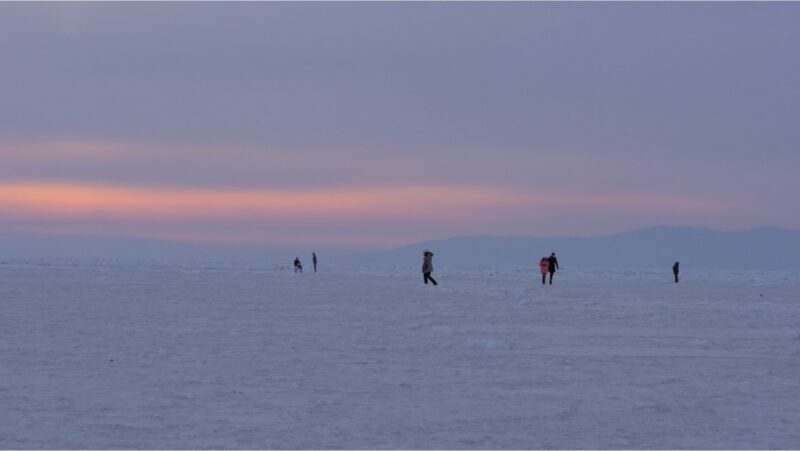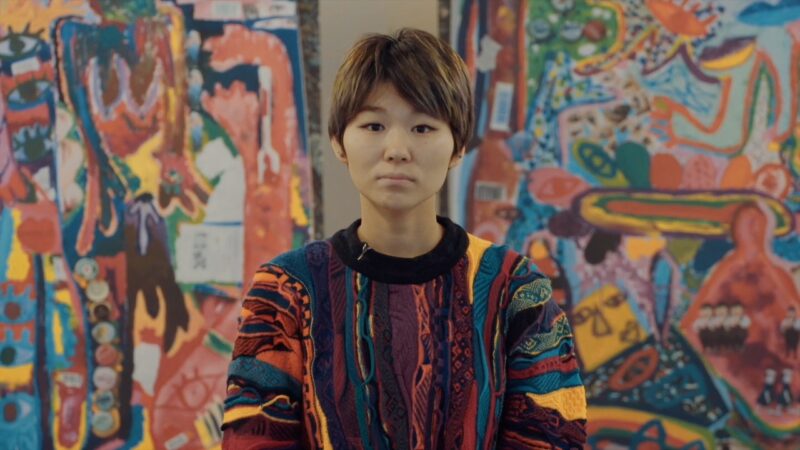Korean Film Nights: In Transit
In a special collaboration with Bertha DocHouse, KCCUK and Birkbeck University present a journey into contemporary Korean documentary. Korean Film Nights: In Transit addresses the continuously transforming public and private spaces of marginalised communities, which take on new meanings through different cultural viewpoints. These 4 carefully selected titles offer a meditation on spatial politics, exploring how they intersect with various personal narratives. Our programme will take place both at the Bertha DocHouse cinema and online, reflecting the current transient nature of cinema spaces.

There is a long-standing Korean documentary tradition of films about social and political change, with breakthrough works including The Sanggyedong Olympics (1988) and The Murmuring (1995). This tradition is rooted in activism, the labour movement and the amplification of underrepresented voices. It forms the historical context of our selection. In Transit showcases how four contemporary documentary filmmakers have positioned themselves within that history, both in dialogue and also offering new approaches to their craft.
Our programme explores different ways of understanding space and movement. It looks at how we negotiate our existence within spaces and how our experience is also expanded by them. The global experience of being confined into one’s house serves as a metaphor for personal spatial containment, but also reveals the socio-political structure of containment. Our four films offer an alternative way to transcend these states of confinement.
Weekends

In Transit opens with Weekends, a story about G-Voice, the first gay choir in Korea. As the group fight for their space to perform on stage, both literally and metaphorically, director Lee Dong-ha shines a spotlight on what happens when the collective helps repressed communities.
Book for Weekends, a Bertha Dochouse online screening, on Thursday July 29, 7pm
The Sea of Itami Jun

Jung Da-woon’s The Sea of Itami Jun treats space in perhaps the most literal way. However, there is more to this than meets the eye. Never quite finding his place in the world, Itami Jun designs his spaces to utilise the surrounding environment. Nothing is static in his work, not even his architecture is immune to the passage of time.
Book for The Sea of Itami Jun at Bertha Dochouse cinema, on Sunday 1st August, 6pm
Sound of Nomad

The theme of the diasporic Korean community is explored in Kim So-young’s Sound of Nomad. A filmic journey that starts in 1937, the film focuses on the Koryo people, displaced from East Russia to Kazakhstan. It looks at how the community creates their own space so far from home by embracing the richness of their culture. By taking care of each other and celebrating their roots, the community creates their own space of belonging and identity.
Book for Sound of Nomad + Rec. Q&A, a Bertha Dochouse online screening, on Thursday 5th August, 7pm
Time to Read Poems

The act of finding one’s home is depicted in Lee Soojung’s Time To Read Poems. What connects the five main characters is a drive to create their own safe spaces: mentally, physically, economically and socially. With the sensibility of a poet, the director gives them a way to express their vulnerabilities.
Book for Time To Read Poems at Bertha Dochouse cinema, on Tuesday 10th August, 6.30pm
In Transit gives space to the unrepresented, voice to people and stories often left silent or at the social and political margins. The selected films are predominantly directed by women and focus on the Korean diaspora, the working class and sexual minorities. By showcasing these films, we highlight the importance of community and the people with whom we share our lives and spaces. All these stories look back as a means to imagine a more connected and inclusive future.
They explore the importance of memory for who we are but also who we want to be. These documentaries show us the courage and resilience of the people in stories of displacement, those who take an active role in transforming their social and political realities. We experience a journey through the creation of collectively inhabited interior and exterior spaces, where identity is transferred and rediscovered. In this current moment of continuing uncertainty, of being in transit, these stories remind us of the potential we have for transformation.